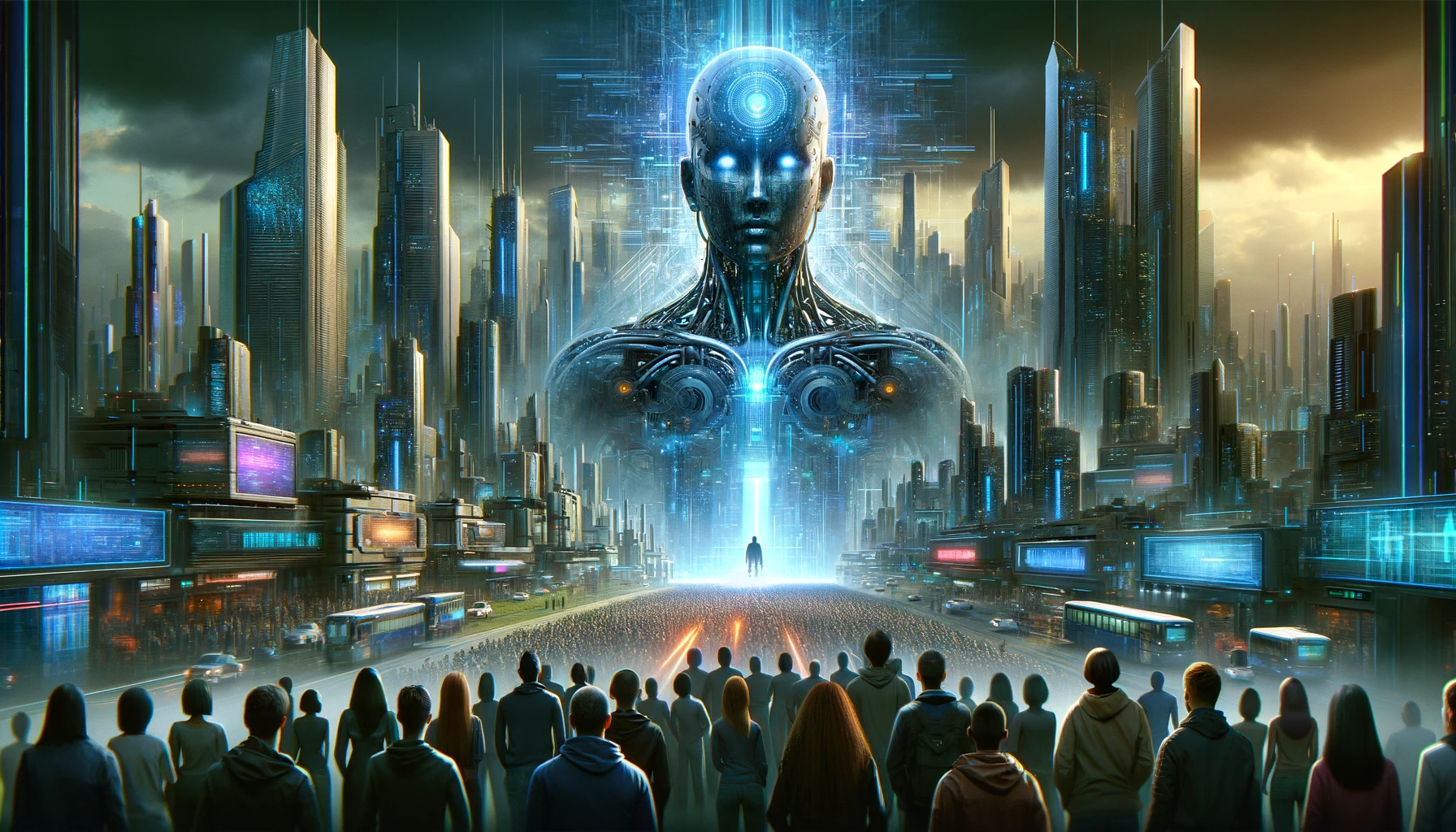The Fall of Reason: Navigating an AI-Dominated World of Thought
The ruliad is everything that is computationally possible. It is the limit of following all possible paths of computation in all possible ways. The idea of a ruliad humbles thinkers faced with infinite possibilities, it is like reading your future conversations in the Library of Babel.
The Infinite Solutions within the Ruliad
All solutions to all problems already exist. Discovering solutions in domains like mathematics and computational science becomes a matter of navigating through this immense space efficiently. Automated search strategies, leveraging self-consistency, logical reasoning, and rigorous testing, are perfectly suited for this task. But what does this mean for computational thinkers and the broader society?
The Evolution of Computational Thinkers
Computational thinkers will have to abstract themselves from direct computational thought as they will not be competitive with the performance of automated systems. Their role will shift from being direct computational problem-solvers to managers and directors of these sophisticated systems, guiding them to address complex challenges. This transition necessitates a new skill set focused more on abstract thinking, system management, and problem formulation than on direct computation.
The Socio-Computational Divide: Access and Impact
The vast computational power required to traverse the ruliad will restrict the number of people who can participate at the highest levels. The ‘computational elite’ will have disproportionate control over the discovery and utilization of high-value computational solutions.
Implications for the Average Person
The day-to-day life of the average person will see nominal level of disruption that accompany technological advancements. The average person will continue to make the same contributions to Nobel prizing winning research as they do today.
The Value of Human Experience
As reason falls humanity will rise.


Comments